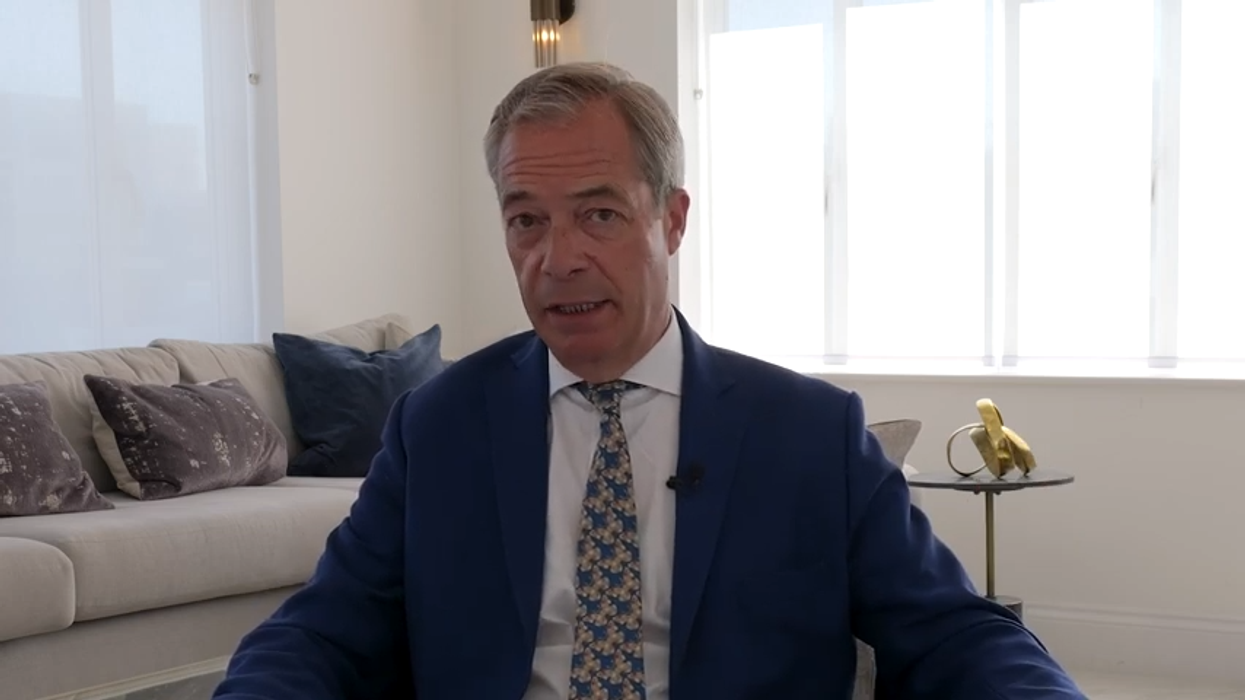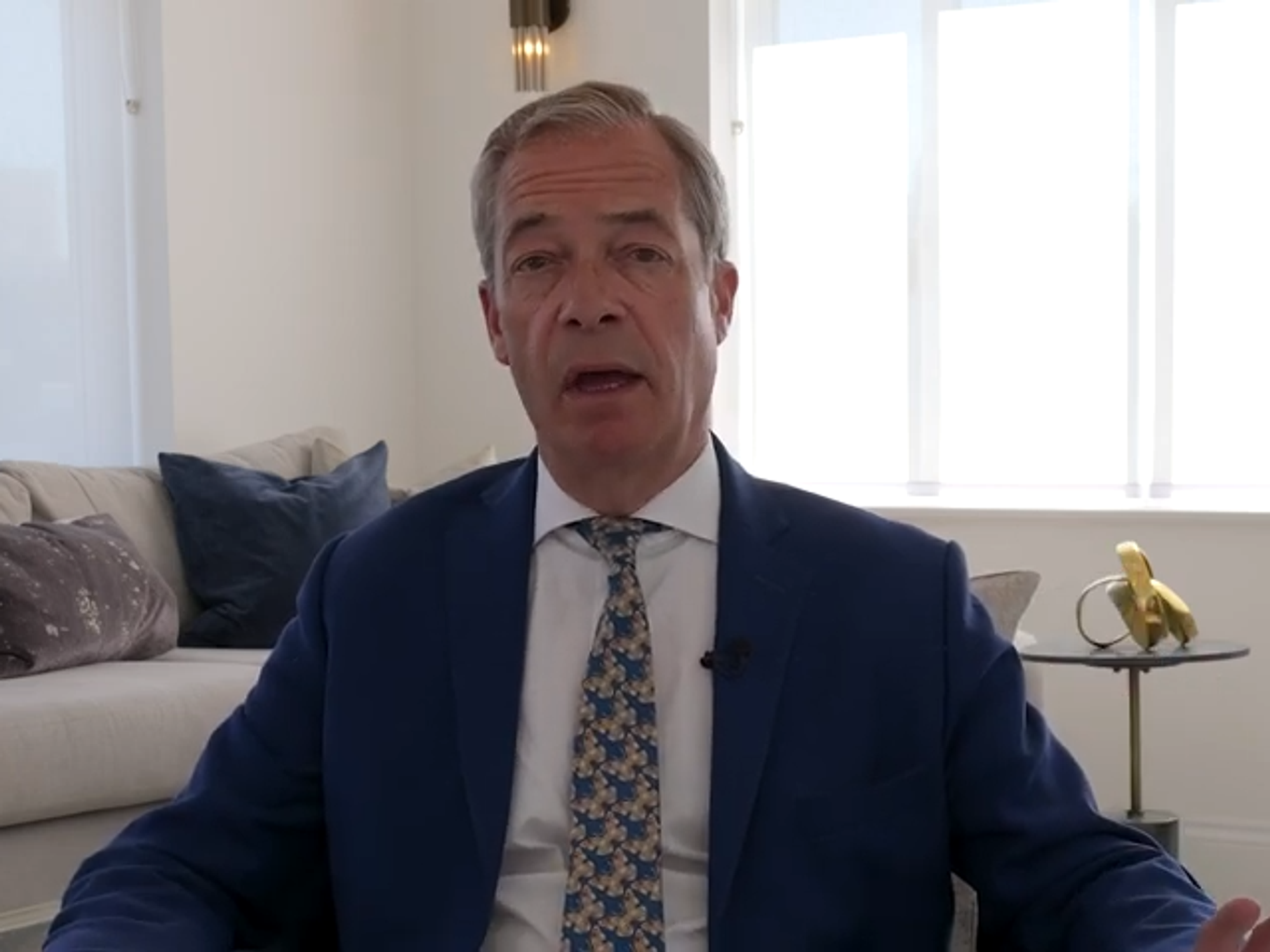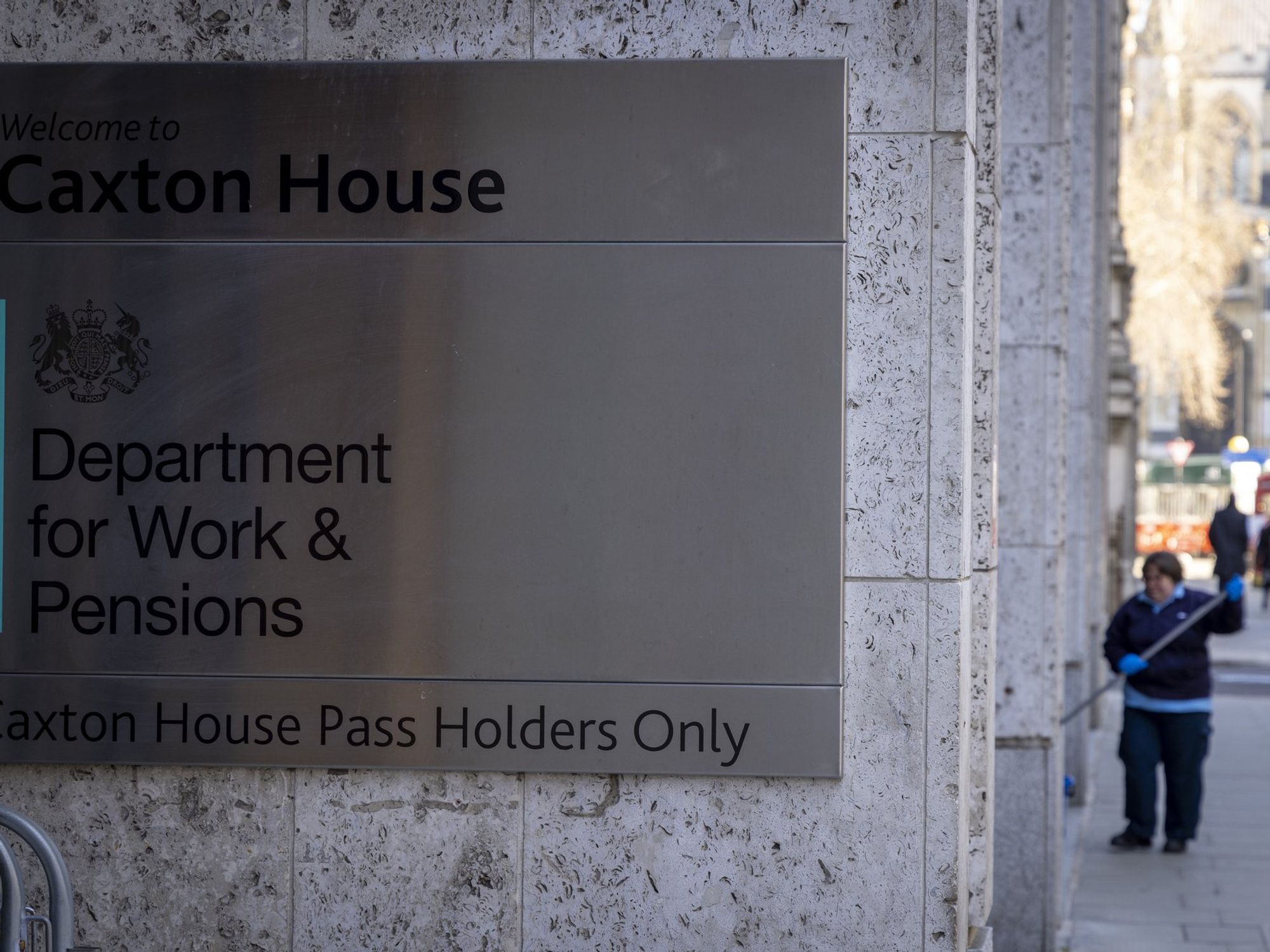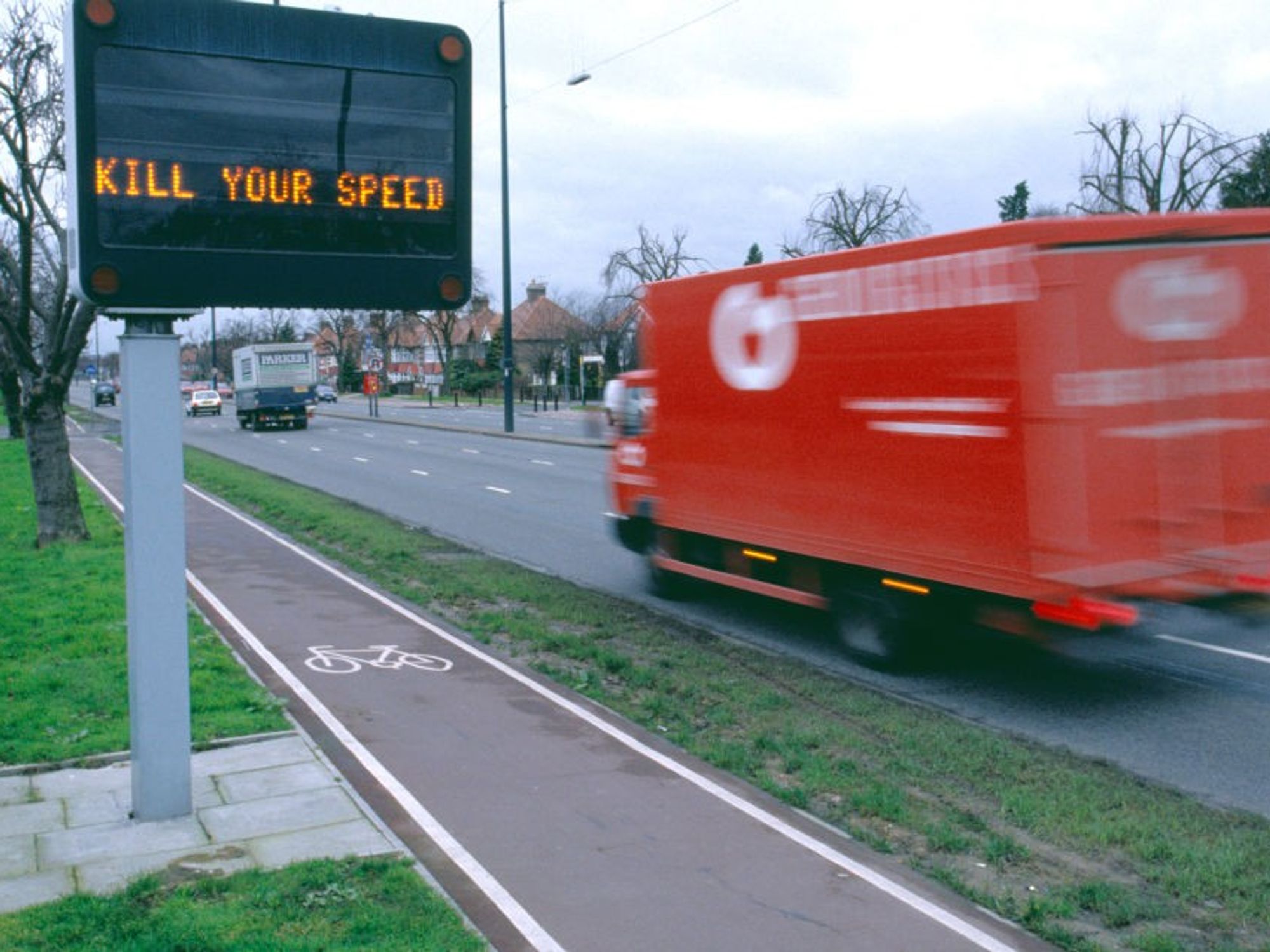Can Reform REALLY become the Opposition in Britain? - Lord Daniel Moylan gives his verdict

Nigel Farage is gaining support across the country - but can he win the seats?
| Nigel FarageLord Daniel Moylan is a Conservative peer
Don't Miss
Most Read
I stepped gently into the bungalow’s garden in a leafy town at the heart of the Blue Belt.
A retired couple were sitting on their bench absorbing one of those lovely English summer evenings that simply drop out of the sky undeserved.
“There was no answer at the front door, so I thought I’d look round the side. I am calling on behalf of your Conservative candidate. Will you be using your vote to get him re-elected?”
“We have always voted Conservative.” Hope sprang up. “But this time we will vote for Reform.”
“You know they’re not campaigning round here? If you don’t get your experienced and trusted Conservative candidate re-elected, it will be a new and callow Labour MP.”
“Yes, we know it could go Labour. And we assume we’ll get a Labour Prime Minister.
We don’t like it, but we hope Reform could be the Opposition.”
That did stop me in my tracks. All grown-up political parties can cope with defeat.
 Nigel Farage is the leader of Reform UK | Nigel Farage
Nigel Farage is the leader of Reform UK | Nigel Farage We live in a democracy and that means sometimes the other guy wins. Get over it.
They can even cope with a bad defeat, as befell Labour in 2019.
But an outgoing government would still be the official Opposition. Wouldn’t they? The second largest party?
The people I was speaking to thought maybe not. Could they be right? Could it really be that Nigel Farage could enter the House of Commons as the Leader of His Majesty’s Most Loyal Opposition?
The polls don’t seem to indicate it. The level of support for Reform and the assumed geographical spread of their vote lead most commentators to cap their maximum wins in single figures.
The Left, disfigured by visceral hatred of the Conservative Party and its voters, dream of a wave of “tactical voting” in which Blue Wall Conservatives vote Liberal Democrat or even Green to get rid of their local Tory MP, having carefully calculated which candidate is best placed to do so.
The outcome, they imagine, could well see the Liberal Democrats, not Reform, acquire a large number of seats, even to the point of displacing the Conservatives as the second largest party.
But I don’t see that. My tentative forays into the Blue Wall haven’t led me to pick up signs of such cool, hate-filled calculation.
There are some Conservative voters who have (for now at least) given up on the Conservative Party, it’s true. But they don’t want to vote merely negatively. They want to vote with hope.
They are voting to get more Conservatism, not less. How would supporting LibDems or Greens contribute to that?
Do other Conservative-Reform switchers also believe that Mr Farage could be Leader of the Opposition? Are they rejecting the Conservative Party for all time or merely giving it a kicking to make it even more Conservative?
Careful thought has to be given to questions like this if the Tories are to re-establish a winning connection with the voters.
The only certain thing is that the plentiful advice we will get from professional leftist commentators on the matter should be unapologetically ignored, since they have simply no idea how Conservative voters think.
I am not in the business of shattering dreams, so my reply to this thoughtful couple, after some reflection, was that I didn’t think it very likely that Reform would be the second largest party this time around.
The fundamental choice remained between the Conservative Party and the Labour Party as we know them, warts and all in both cases.
But it was clear there was little more I could say to persuade them to vote Conservative this time, so we parted amicably.










